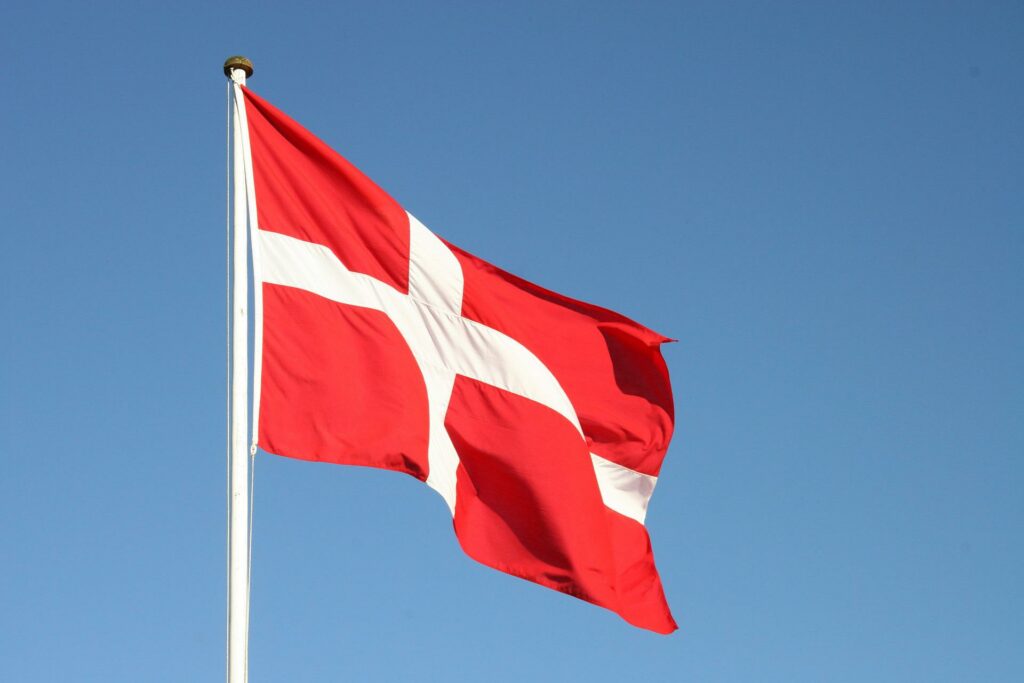Denmark refuses to pay for gas deliveries from Russia in roubles. That is why Gazprom no longer delivers gas to the Danes. Two German companies have found another way to pay the bills.
As of Wednesday, 1 June, Gazprom will no longer supply gas to the Danish gas supplier Ørsted. Shell Energy Europe is also no longer receiving Russian gas directly. Russia says that the companies were not prepared to pay for the deliveries in roubles. Russia had already made this demand weeks ago in view of the war in Ukraine. Besides Denmark, Finland, Poland and Bulgaria are already no longer receiving gas deliveries from Russia. As of next Monday, the Netherlands will also be affected by the delivery stop, Russia announced.

Danish delivery stop was foreseeable
The Danish gas supplier Ørsted warned weeks ago that the payment deadline for gas would expire on 31 May. At the same time, the supplier repeatedly emphasises that it only pays for the gas in euros. Moscow had demanded payment in roubles from all gas customers, including Germany. The country wanted to strengthen its own currency. Group CEO Mads Nippers is now stressing again that the European Union (EU) should make itself independent of Russian gas supplies. He calls for an accelerated expansion of renewable energies. Gazprom announces that Shell Energy Europe is affected by the delivery stop due to gas supplies to Germany. What consequences the delivery stop for Ørsted will have for Shell Energy in Germany remains open.
Germany needs more gas
The Netherlands, which obtains about one seventh of the total gas demand of the Dutch from Russia, is much more affected. This amounts to two billion cubic metres. Nevertheless, Denmark and the Netherlands do not expect bottlenecks or even shortfalls. Germany is more dependent on Russian energy and purchases around 90 billion cubic metres of gas. The Danish company Ørsted, on the other hand, emphasises that Russia cannot cut direct gas supplies because there is no direct pipeline leading to Denmark.
Is Russia turning off more gas taps?
Deshalb können die Dänen weiterhin russisches Gas beziehen. Allerdings nur auf dem europäischen Gasmarkt. Besorgen sich die Dänen auf diesem Weg Gas, wird Russland dies mit hoher Wahrscheinlich als weitere Provokation durch die EU sehen. Es könnte zur weiteren Eskalation beitragen. Ein weiteres Problem liegt darin, dass Gas auf dem Markt zunehmend knapper wird. Die Nato-Mitglieder könnten dadurch Probleme bekommen, ihre Gasspeicher für den Winter 2022/2023 zu füllen.
German companies pay for gas in roubles via a diversion
Two German companies could go a different way. The energy company Uniper says that it pays for gas in a way that meets both Russian demands and Western countries’ sanctions against Russia. “Uniper pays in euros in line with the new payment mechanism. The first of these payments was made at the end of May,” the company informs. Thus, the company can guarantee its contract and is also not in breach of the EU’s uniform sanctions. According to the company, the procedure has been coordinated with the German government. The company does not want to comment on the payments in more detail. RWE, the largest electricity supplier in Germany, also announced that it had changed its payments. The bill had been paid in euros to the account the company had opened in Russia. For both companies, therefore, more energy is flowing from the gas tap.
